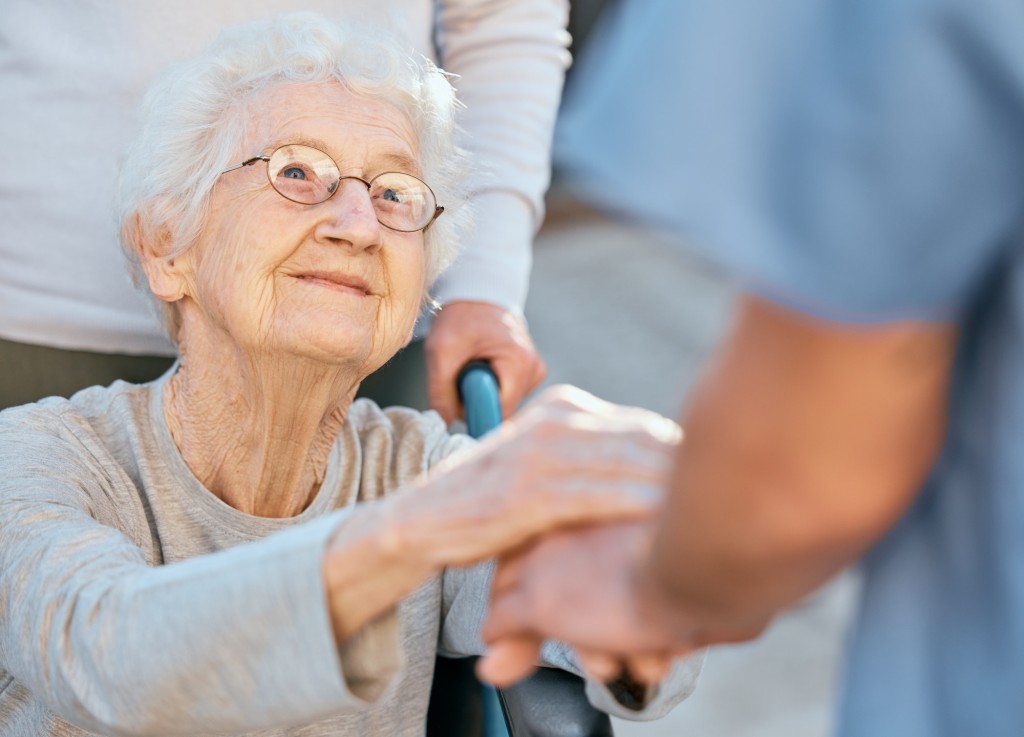
Grief is a natural response to loss, and it can be experienced in many different ways. For families and caregivers who are supporting someone who is dying or has died, grief can be particularly challenging. Emotional support and grief counseling are essential tools for helping these individuals cope with their feelings of sadness, anger, guilt, and other emotions that may arise during this difficult time.
Emotional support is a critical component of caring for someone who is dying or has died. It involves providing comfort, empathy, and understanding to the individual and their loved ones. Emotional support can take many forms, including listening to the person’s concerns and fears, offering words of encouragement or reassurance, or simply being there to hold their hand or offer a hug.
For families and caregivers who are grieving the loss of a loved one, emotional support is equally important. Grief can be an isolating experience that leaves people feeling alone and disconnected from others. Emotional support helps individuals feel less alone by providing them with a safe space to express their emotions without fear of judgment or criticism.
Grief counseling is another essential tool for families and caregivers who are coping with loss. Grief counseling provides individuals with the opportunity to work through their feelings of sadness, anger, guilt, and other emotions in a supportive environment. A trained grief counselor can help individuals identify coping strategies that work best for them while also offering guidance on how to manage difficult emotions.
One of the most significant benefits of grief counseling is that it allows individuals to process their grief in a healthy way. When people suppress their feelings of sadness or try to ignore them altogether, they may find themselves struggling with depression or anxiety later on down the road. Grief counseling helps individuals confront these difficult emotions head-on so that they can move forward in a healthy way.
In addition to emotional support and grief counseling for families and caregivers directly impacted by death-related events such as hospice care services offered by healthcare providers like Hospice of the Valley, there are also support groups available to those who have lost loved ones. These groups offer a safe and supportive environment where individuals can connect with others who are experiencing similar feelings of grief and loss. Support groups can be particularly helpful for individuals who feel isolated or alone in their grief.
In conclusion, emotional support and grief counseling are essential tools for families and caregivers who are supporting someone who is dying or has died. These services provide individuals with the comfort, empathy, and understanding they need to cope with their feelings of sadness, anger, guilt, and other emotions that may arise during this difficult time. By providing emotional support and access to grief counseling services, we can help families and caregivers navigate the challenges of loss while also promoting healthy coping strategies that will serve them well in the years to come.
